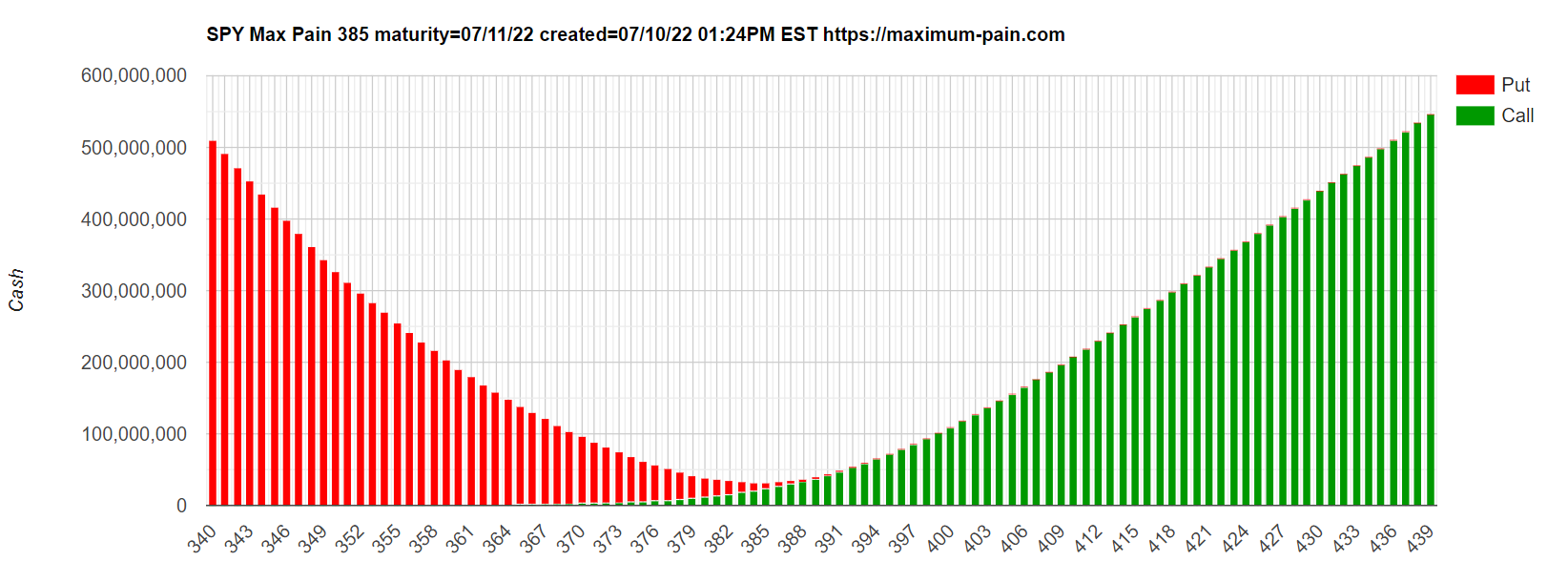As an experienced trader, I’ve always found expiration week to be a captivating period, marked by a confluence of excitement and tension. During this crucial time, options traders navigate a whirlwind of volatility, seeking both opportunities and risks.

Image: unbrick.id
Expiration week, the final five trading days before options contracts expire, demands a meticulous approach. This article will delve into the intricacies of trading options during this transformative period, empowering you with the knowledge and insights needed to navigate its challenges.
Understanding Expiration Week: A Balancing Act
Options contracts, which bestow the right but not the obligation to buy or sell an underlying asset at a specific price, approach their terminal point during expiration week. This countdown intensifies market activity, as traders position themselves to either exercise their options or roll them over into subsequent contracts.
The interplay between time decay and heightened volatility during expiration week creates a dynamic environment. Time decay, an intrinsic feature of options, erodes the option’s premium value as its expiration date nears. Simultaneously, volatility tends to spike during this period, amplifying price fluctuations and increasing the potential for significant gains or losses.
Strategies for Expiration Week Trading
Navigating expiration week effectively requires a tailored approach, aligning your strategy with your individual risk tolerance and trading objectives. Consider the following strategies:
Exercise your options: If the underlying asset’s price is favorable and aligns with your trading goals, you may choose to exercise your options, securing the underlying asset at the strike price.
Roll over your options: Rolling over involves selling your expiring options and buying new ones with a later expiration date. This strategy allows you to maintain exposure to the underlying asset while adjusting your position’s risk and time horizon.
Close your options: If market conditions are unfavorable or your risk tolerance shifts, you may opt to close your options by selling them in the market, potentially realizing gains or limiting losses.
Expert Tips for Expiration Week Trading
Seasoned options traders have honed their expertise through years of experience. Leverage their insights to enhance your trading strategies:
Stay informed: Expiration week is a data-intensive period. Monitor market news, earnings reports, and economic indicators that may influence the underlying asset’s price.
Manage risk: Volatility during expiration week can be unforgiving. Employ prudent risk management techniques, such as setting stop-loss orders, to safeguard your capital from substantial losses.

Image: www.mystockodds.com
Frequently Asked Questions About Expiration Week Trading
Q: How far in advance should I start preparing for expiration week?
A: Begin planning several weeks before expiration week to gather market intelligence and evaluate your trading options.
Q: What is the best strategy for expiration week trading?
A: The optimal strategy depends on your trading style, risk tolerance, and market conditions. Consider a combination of strategies to adapt to evolving market dynamics.
Trading Options During Expiration Week

Image: tradewithmarketmoves.com
Conclusion
Expiration week presents both opportunities and challenges for options traders. By understanding the unique nuances of this period, employing well-informed strategies, and seeking guidance from expert advice, you can navigate its complexities with confidence. Embrace the volatility and excitement of expiration week, recognizing it as an opportunity to refine your trading skills and potentially enhance your financial outcomes.
Are you ready to delve deeper into the world of expiration week trading? Share your experiences and insights in the comments below.






